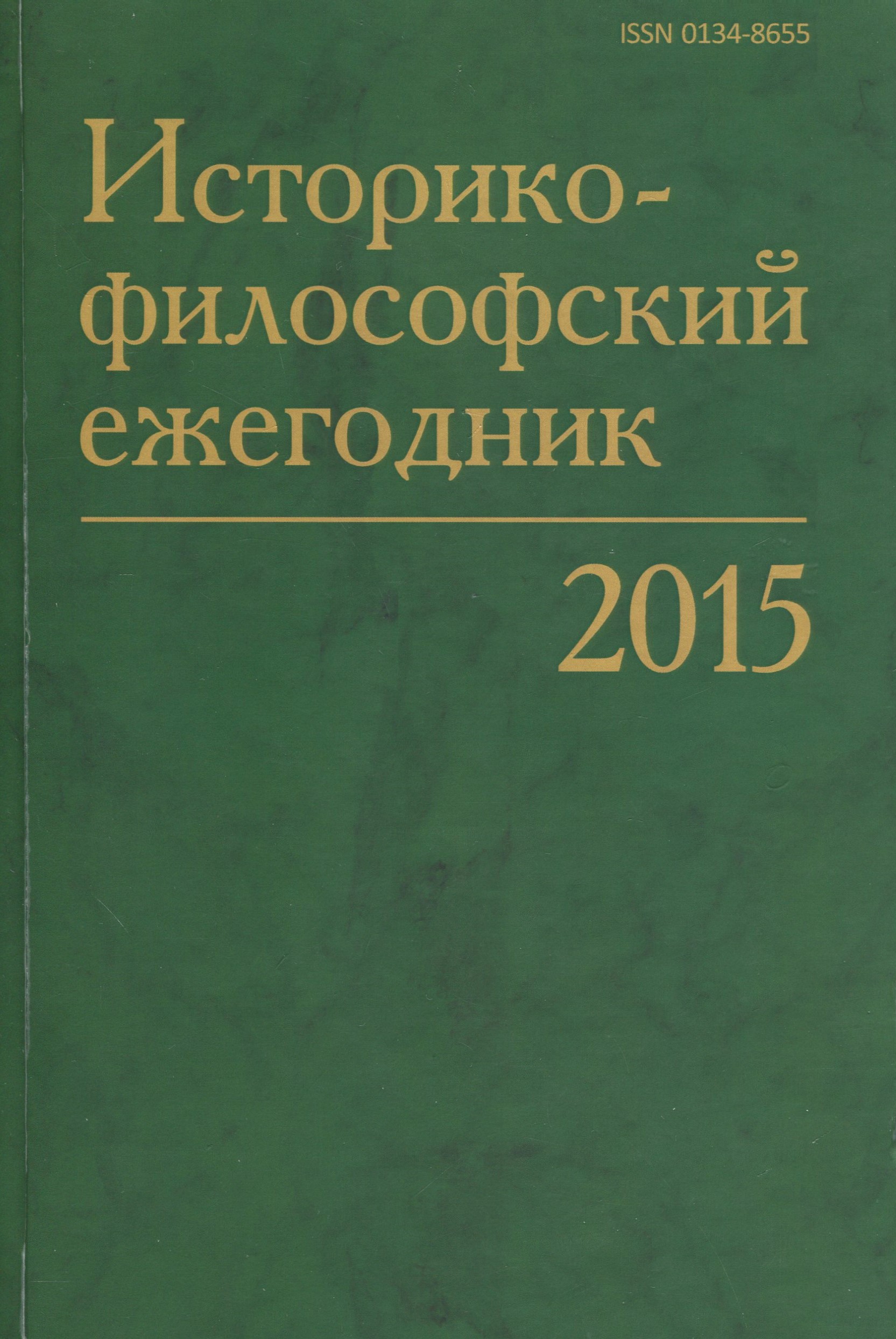The Question of the Hierarchy of Moral Requirements in the Ethics of Francis Hutcheson
Keywords:
Morality, ethics, strength of moral requirements, perfect, imperfect and external rights, F. HutchesonAbstract
The paper analyses one of the historical precedents of establishing the hierarchy of moral requirements, viz, the typology of rights proposed by Francis Hutcheson. To set the order of priority among different norms Hutcheson resorts to the distinction between perfect and imperfect rights which descended from Hugo Grotius and Samuel Pufendorf. However he corrects the justification and the meaning of this distinction. His corrections relate to the project of overcoming the juridisation of morality proclaimed in his early article Reflections on the Common Systems of Morality (1724) and partially fulfilled in later works. Hutcheson insists on the limitation of legal coercion by the sphere of perfect rights not only on the basis of social and disciplinary, but also individual and perfectionist considerations, he stresses the role of respecting imperfect rights for the moral perfection and introduces an additional typological niche (external rights) to indicate cases where the defense of the lawful interest amounts to the violation of moral duty.

